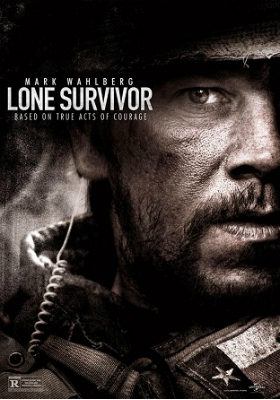What does it mean that SpecOps have captured the imagination of the country?

By Adam Johnson
Best Defense guest columnist
I
agree with the notion that American culture
tends to adore the elite Special Operations Forces (SOF) of our day.
After
being commissioned in the U.S. Army, I was initially assigned to the 82nd
Airborne Division at Fort Bragg. One thing I noticed upon my arrival, as my
platoon sergeant pointed out, was that none of the soldiers in our infantry
platoon enlisted into the U.S. Army to become 82nd Airborne Paratroopers -- all
aspired to become Army Rangers, Green Berets, etc., but were unsuccessful in
those endeavors or transferred from other units.
Although
joining a specially selected and well-trained unit is a noble venture, this
trend speaks volumes about the desires of the current generation, my generation.
I vividly recall my platoon sergeant describing a time when young Americans
enlisted to become paratroopers because the maroon beret was considered elite. Maybe that is the
case now, but during my time at Fort Bragg, enlisting to become a paratrooper
seemed to be the next best thing due to an immense desire to work for a
specialty unit "across the street."
"Be
all that you can be" typically meant joining the ranks of the conventional
military in the 1980s and 90s. Both times and culture have changed since then,
and this cultural shift is indicative of the age that we live in. So what
influenced this change? I'd point toward the media.
When
was the last time that Hollywood produced a film about a regular military
unit?... chirp, chirp ... It's been a while. In fact, the only film that I can
recall is Band of Brothers, and its first episode premiered prior to
9/11. Sure, there were other
war and military films released over the last two decades, but they didn't
receive nearly the appeal as those featuring SOF units did. From Lone Survivor (Navy Seals), The Monuments Men (special soldiers
selected to rescue art), Zero Dark Thirty
(Navy Seals), 300: Rise of an Empire
(Spartans), and on and on, recent war movies tend to focus on elite units.
Quite frankly, Americans perceive them as more sexy.
The
media has also been privy to increased levels of questionably classified
information that has intentionally or unintentionally placed SOF units in the
limelight. For instance, I recall the shock when President Obama announced that
Navy Seals conducted the raid that killed Osama bin Laden. The shock factor not
only resulted from the results of the raid, but also from highlighting the unit
that conducted it. Again, an appeal toward a special operations unit.
All of
the media coverage, movies, and attention propagate the glamour of special
operations units and have, in part, influenced this change in heart. However,
the simple fact remains: Not everyone in the military can be special.
Adam
C. Johnson is a former military officer and graduate of West Point. He
currently works at a think tank in Washington, D.C.
Thomas E. Ricks's Blog
- Thomas E. Ricks's profile
- 437 followers



